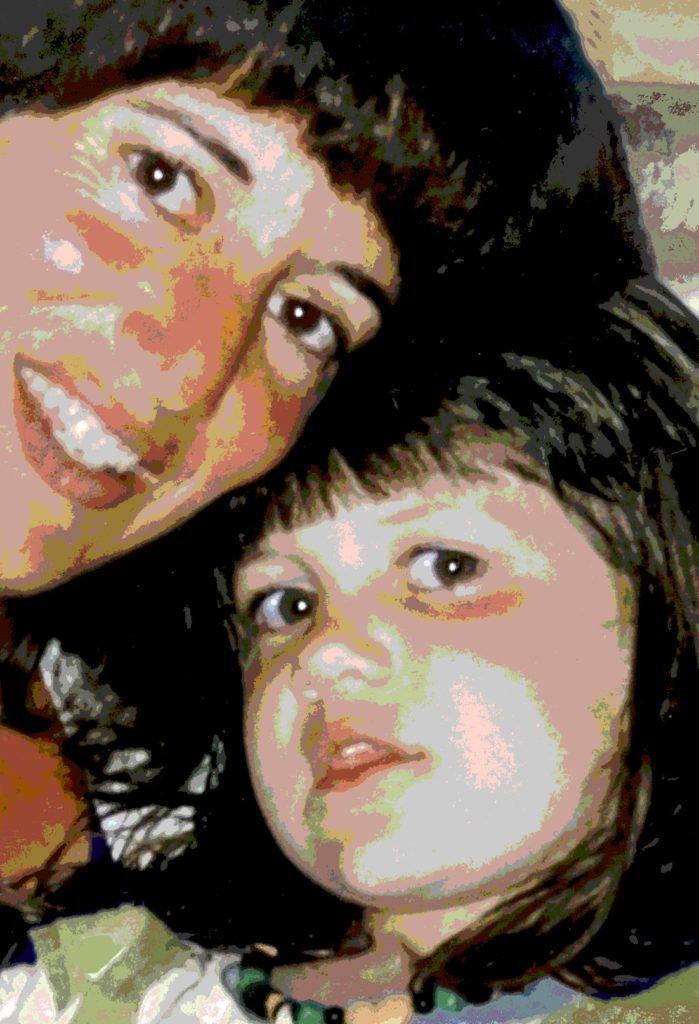 “I’m over that. Done. I’ve moved on,” said a friend, about her child who died years before. Great for her, I thought, not able to imagine ever even wanting to be “done” with my own daughter, gone over 7 ½ years now. Actually, I’ve been carrying my Marika—whatever I could find left of her to hang onto—since she died. Different things work for different people.
“I’m over that. Done. I’ve moved on,” said a friend, about her child who died years before. Great for her, I thought, not able to imagine ever even wanting to be “done” with my own daughter, gone over 7 ½ years now. Actually, I’ve been carrying my Marika—whatever I could find left of her to hang onto—since she died. Different things work for different people.
A griever’s mental status used to be questioned if one held on to the memory of a loved one too long. Mercifully, someone came up with a modern grief theory called Continuing Bonds. It is now considered acceptable to create an enduring relationship with a deceased loved one as a way of coping and finding comfort while continuing to live one’s life. Even as one’s life changes with the loss. It is okay to stay connected. And it’s normal for these relationships to grow and change over time.
Continuing Bonds came instinctively to me. A matter of my own survival, it began the day after Marika died, when I collapsed, devastated, onto her bed, desperate to breathe in her scent and see the world from where she saw it. At first, I needed to wear what she wore, and hold what she held. That led to doing what she did, and loving what she loved. All the things that were part of her life, that I hadn’t understood or cared for—like writing, photography, blogging and posting on Facebook, making up tunes to play on instruments—I ended up finding myself drawn to. Doing these things daily now, I am living a life my daughter would have loved. It makes me feel forever linked to her.
There are many ways to maintain ties after the loss of someone who was the light of your life. I wanted to know what Continuing Bonds looked like for others. Not much is written about this because each person approaches it differently. It looks like the widow who still talks to her husband of fifty years, or the bereaved parents who keep their child’s room as it was before death—in order to have a special place to feel close to him. Some people start foundations and community events to honor their loved ones. Some look to their deceased loved one for inspiration in trying new things. Some create meaningful personal rituals, or works of art. Others continue their loved one’s work. Many try to live in a way that would make their beloved proud.
“Moving on” can be good. Maybe that’s what living is all about. But we learn from the ones we love and think we lost. Whether or not we choose to ‘carry them with us’ into the next chapters of our lives, I’m pretty sure that simply having loved them turns us into better people.
What do you think about keeping connected to a deceased loved one?